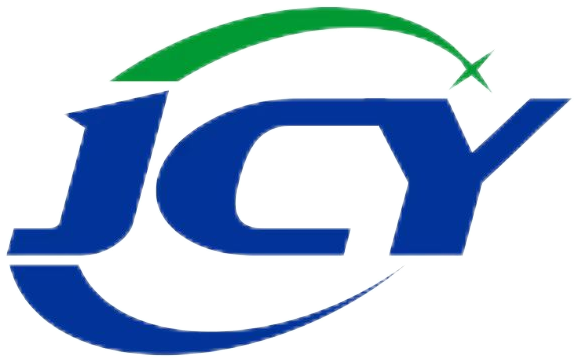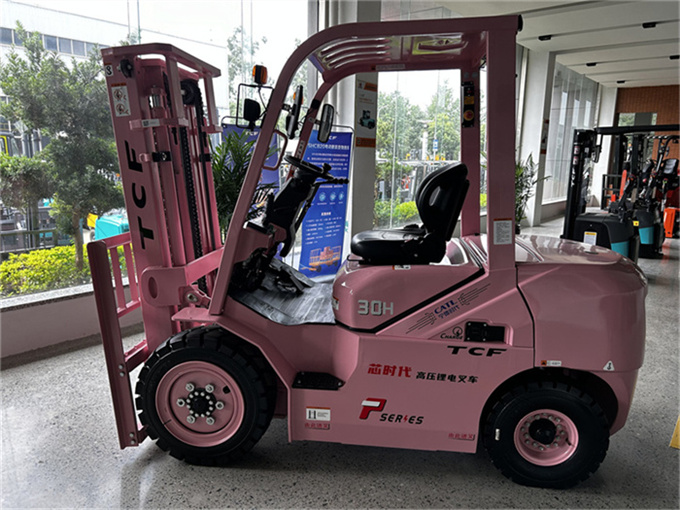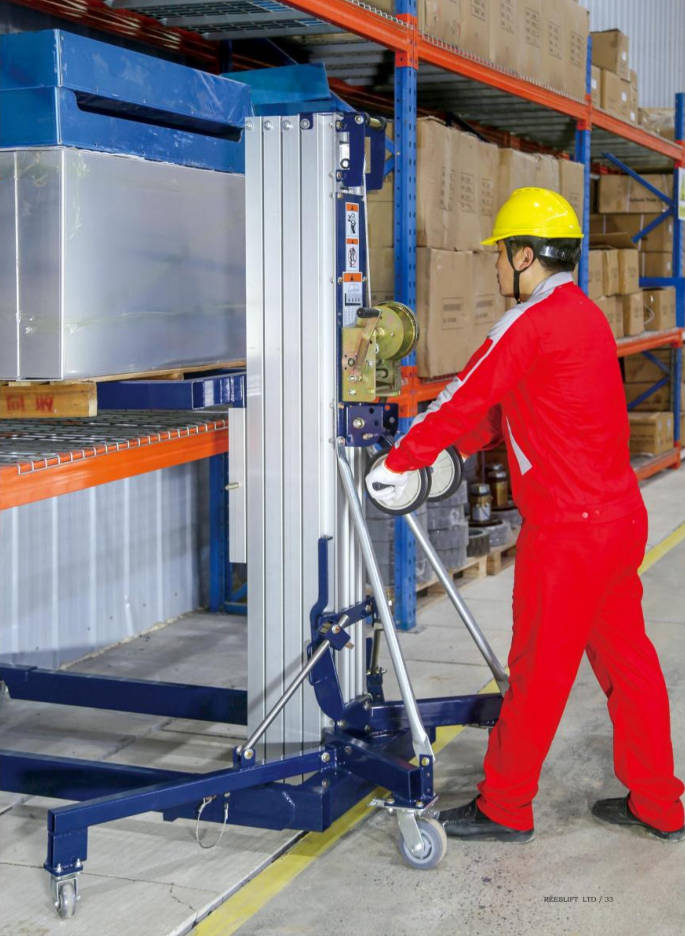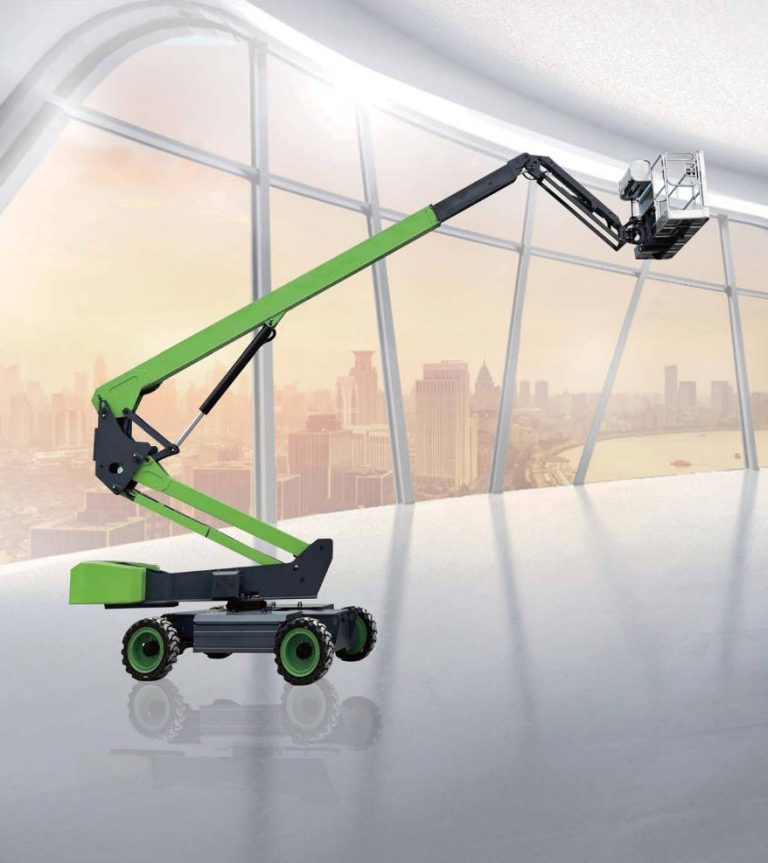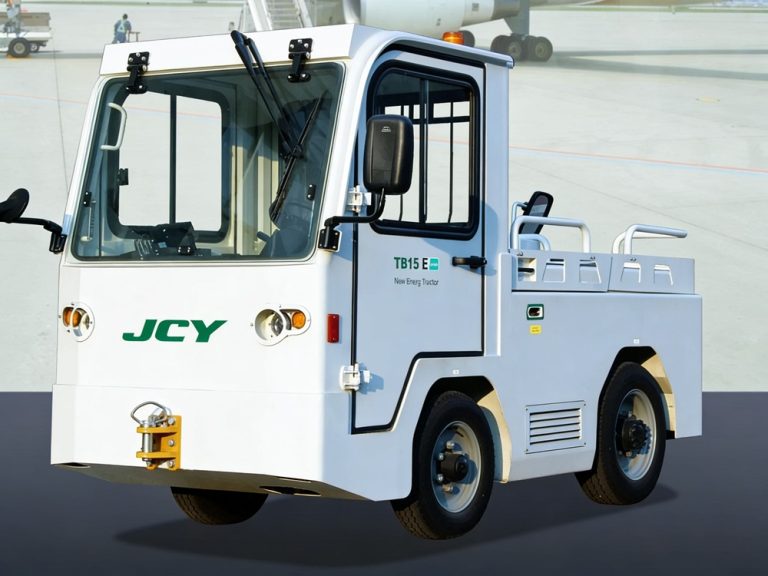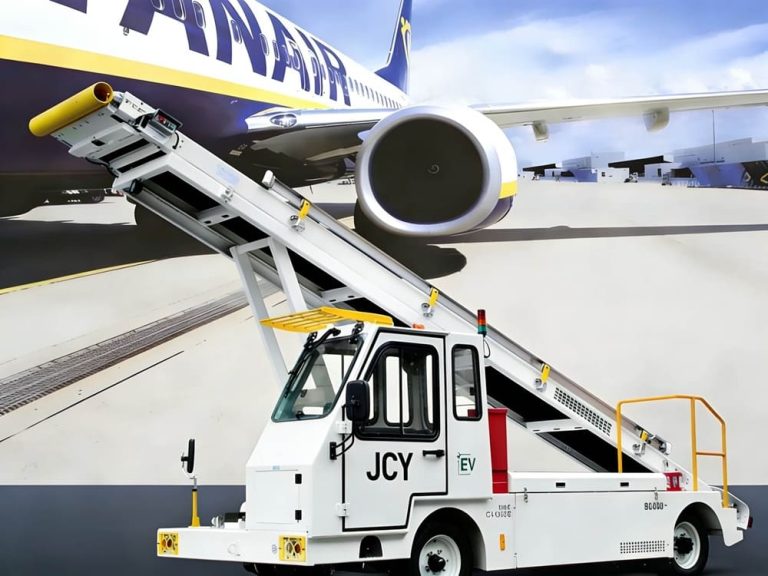Electric forklifts have transformed material handling in busy places like warehouses, factories, and shipping centers. They run quietly, help the planet, and lift heavy items powerfully without the smoke and fumes of diesel or LPG machines. But a huge question remains: should you buy your electric forklift outright or lease one to save cash? This choice really impacts your budget. There’s no perfect answer for everyone. Let’s explore the good points, bad points, and actual costs of both buying and leasing. This way, you can decide what works best for your business.
Why Pick an Electric Forklift?
Before we tackle the buy-or-lease puzzle, let’s see why electric forklifts are a great choice. Unlike diesel machines, electric forklifts run on batteries – often modern lithium-ion types. This means no dirty exhaust and much less noise. They’re wonderful inside places like warehouses or stores where clean air and quiet matter. Plus, tough models like the 1.5-ton to 6-ton E-Series lithium forklifts lift huge weights (up to 6,000 kg) without wasting energy.
Here’s why these electric machines are winners:
- Planet-Friendly:Zero exhaust means cleaner indoor air. They also match company eco-goals nicely.
- Cheaper to Run:Power costs less than diesel fuel. New lithium-ion batteries also need much less care than older lead-acid ones.
- Quiet Workers:Your team won’t need ear protection. Nearby businesses stay happier too.
- Easy to Move:Smart designs, like the 2.5-ton short wheelbase types, let them turn easily in cramped spots.
Whether you need a nimble 3-ton green high-voltage lithium forklift or a strong 6-ton model, the big choice stays: is owning or leasing smarter?
Buying an Electric Forklift: Owning for the Long Run
Buying an electric forklift is like buying a home – you commit long-term and own it completely. This fits businesses with steady work and enough money ready for the big starting cost. Let’s look at the upsides, the expenses, and the possible downsides.
Good Things About Buying
- You Own It All:After the last payment, it’s yours. No more monthly bills.
- Save Money Over Time:Owning often costs less than leasing if you keep the forklift many years. Think 7-10 years or longer. For example, a 3.5-ton lithium forklift might cost $30,000–$40,000 upfront. Leasing that same machine could cost $500–$800 monthly over 5 years. That totals $30,000–$48,000.
- Make It Yours:You can change the forklift to fit your needs. Add special forks or tools for unusual jobs.
- It Has Value:A well-kept forklift holds its worth. You might get money back selling it later.
Costs of Buying
- Big Starting Price:Electric forklifts cost a lot. A solid 4-ton lithium-ion model might be $35,000–$50,000. Fancy features like high-voltage batteries or comfy cabs add more.
- You Handle Repairs:Fixes, battery swaps (if not lithium-ion), and regular care are your job. Electric forklifts break down less than diesel types. But upkeep still adds up – maybe $1,000–$2,000 yearly for basic service.
- It Loses Value:Like a car, forklifts are worth less over time. A $40,000 machine might sell for only $10,000 after five years, even if cared for well.
When Buying Works Well
Buying makes good sense if:
- Your place runs many shifts daily, using the forklift hard (like 2,000+ hours yearly).
- You have the cash ready without hurting your money flow.
- You plan to keep the forklift ten years or more.
- You need custom changes a leased machine might not allow.
Imagine a medium-sized warehouse in Qingdao. Workers move 3-ton pallets of electronics daily. A strong 3.5-ton E-Series electric forklift could handle this. Buying it outright skips monthly lease payments. You also build value in the equipment. But if your money is stuck in stock or growing the business, that big starting cost might really hurt.
Leasing an Electric Forklift: Easy and Low Upfront Cost
Leasing an electric forklift feels like renting a place. You get the use without a long promise. It’s popular for businesses with changing work, tight budgets, or those wanting to stay flexible. Let’s look closely.
Good Things About Leasing
- Lower Starting Cost:Instead of paying $40,000 upfront, you pay a monthly fee. Maybe $600 for a 3-ton lithium forklift. This frees money for other needs, like new hires or goods.
- Fixes Are Often Included:Many lease deals bundle upkeep and repairs. This saves you from surprise bills. A full-service lease might cover battery care, new tires, and even urgent fixes.
- Stay Flexible:Leasing lets you get newer models every few years. See a cool 3-ton pink high-voltage lithium forklift in 2027? Swap your old one when the lease ends.
- Tax Help:Lease payments often count as business costs. This might lower your taxes.
Costs of Leasing
- Costs More Long-Term:Over 5-7 years, leasing often costs more than buying. A $600 monthly lease for five years totals $36,000. That could be more than the forklift’s price.
- You Don’t Own It:When the lease finishes, the forklift isn’t yours. Unless there’s a buy option.
- Rules Apply:Leased forklifts often have work limits (like 2,000 hours yearly). Custom changes might be tricky too.
When Leasing Works Well
Leasing fits best if:
- Your work changes with seasons or demand. Think a store warehouse busier at holidays.
- You want to skip losing money on value drop or old tech.
- Your cash is tight. You need money for other investments.
- You like knowing costs monthly, with fixes covered.
Picture a new delivery company in a busy port city like Qingdao. Workers handle 2.5-ton seafood pallets. Summer brings much more work. Leasing a 3-ton E-Series lithium forklift lets you handle peaks without a giant starting cost. Bundled upkeep means no battery stress during busy times.
Costs Side-by-Side: Buying vs. Leasing
Let’s make this clear with numbers for a 3.5-ton lithium electric forklift. Imagine buying costs $38,000. Leasing for five years is $650 monthly, with fixes included.
| Factor | Buying | Leasing |
| Upfront Cost | $38,000 | $0 (first payment: $650) |
| Monthly Cost | $0 (after buying) | $650 |
| 5-Year Total Cost | $38,000 + $5,000 upkeep = $43,000 | $650 × 60 = $39,000 |
| 10-Year Total Cost | $38,000 + $10,000 upkeep = $48,000 | $650 × 120 = $78,000 |
| Ownership | Yes, resell later (~$10,000 after 5 years) | No, unless buyout option |
| Flexibility | Low (you keep the model) | High (upgrade often) |
| Maintenance | Your job | Usually included |
The Bottom Line:
Buying saves money over ten years, especially if you keep the forklift longer. Leasing costs less at the start and offers freedom, but prices climb over time. Busy, high-volume spots might save buying. Smaller or seasonal businesses often find leasing easier.
Other Key Things to Think About
Beyond just money, consider these points:
- How Big Is Your Operation?A small warehouse with one forklift might lease to avoid locking up money. A big site with ten machines might buy to save long-term.
- Tech Changes Fast:Electric forklift tech, especially lithium batteries, improves quickly. Leasing lets you grab newer, better models sooner.
- Cash Flow Matters:If you’re starting up or growing fast, leasing saves cash. Steady profits might make buying smarter.
- Can You Handle Repairs?Do you have your own repair team? Or would you prefer the leasing company handles it?
Here’s a real story: A warehouse boss in Shandong bought a 3-ton electric forklift to save cash. Two years later, a big battery problem cost him $3,000. His team missed the early signs. He wished he’d leased with upkeep included. The lesson? Know your team’s skills before choosing.
JinChengYu FORKLIFT: A Partner You Can Trust
Picking the right electric forklift partner is key. JinChengYu FORKLIFT, based in Qingdao, Shandong, is a top name in moving goods. They offer a strong range of electric forklifts from 1.5-ton to 6-ton power. Models like the E-Series and I-Series feature lithium batteries, high-voltage systems, and comfy designs. Their focus on “getting better always, aiming high, and happy customers” shows in their tough, green forklifts made for warehouses, shipping, and factories. Plus, their worldwide sales and service team supports you whether you buy or lease.
Wrapping Up
Choosing between buying and leasing an electric forklift depends on your business needs, budget, and future plans. Buying is solid for busy spots with money ready upfront. It gives ownership and savings over many years. Leasing offers freedom, low starting costs, and often includes fixes. It’s great for smaller or seasonal companies. Weigh things like cash flow, how much you’ll use it, and repair skills. This helps you choose wisely, saving money and keeping things running smoothly. Whether you buy or lease, a good partner like JinChengYu FORKLIFT means a quality electric forklift made for you.
FAQs
Is leasing an electric forklift cheaper than buying one?
It depends on the time. Leasing starts cheaper, with payments around $500–$800 monthly for a 3-ton model. Over five years, leasing might total $30,000–$48,000. Buying could be $35,000–$50,000 upfront plus upkeep. For very long use (10+ years), buying usually wins.
What does upkeep cost if I buy an electric forklift?
Costs vary. Expect $1,000–$2,000 yearly for regular service, tires, and small fixes. Lithium-ion battery models, like JinChengYu’s, cost less to care for than old lead-acid types.
Can I get a better forklift if I lease?
Yes, leasing lets you upgrade to newer models when the lease ends, usually every 3–5 years. This helps you use the latest features like high-voltage lithium batteries or extra safety tools.
How do I know if my business should buy or lease an electric forklift?
Look at your workload, budget, and plans. Running many shifts with steady cash? Buying saves long-term. Changing demand or saving cash? Leasing offers low start costs and included care.
Are electric forklifts a better buy than diesel models?
Yes, especially indoors. Electric types cost less to run (power vs. fuel), have no exhaust, and run quieter. Their lithium batteries also charge faster and last longer, helping work flow better.
